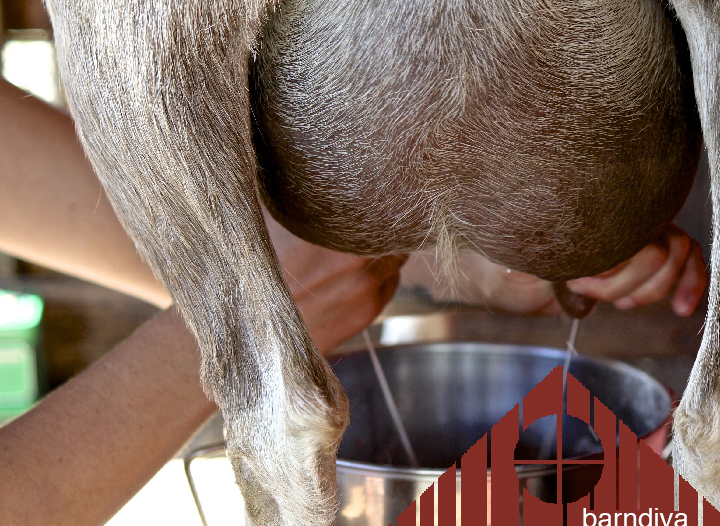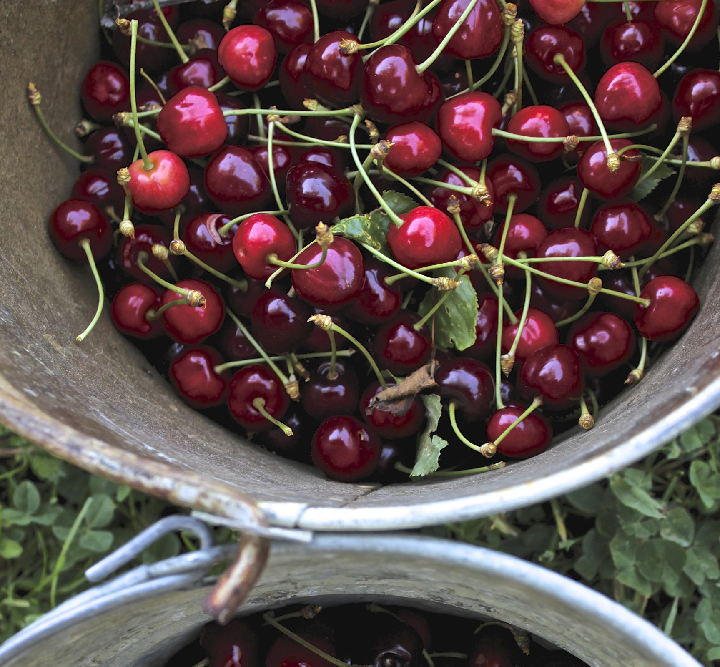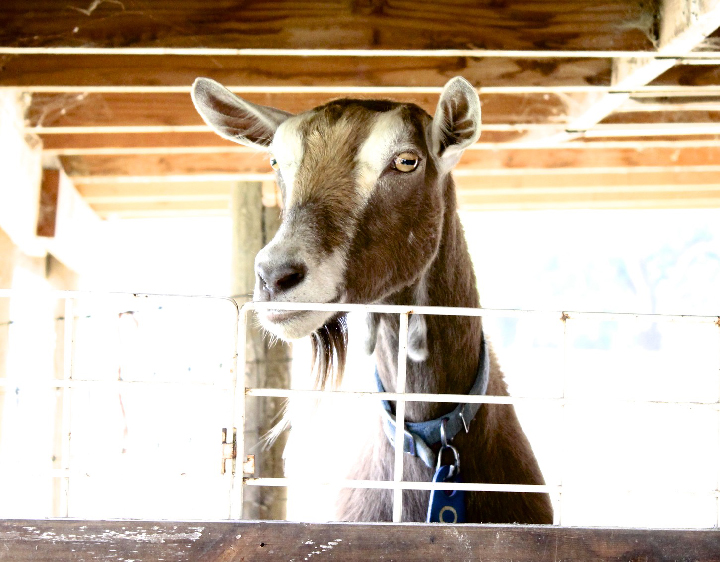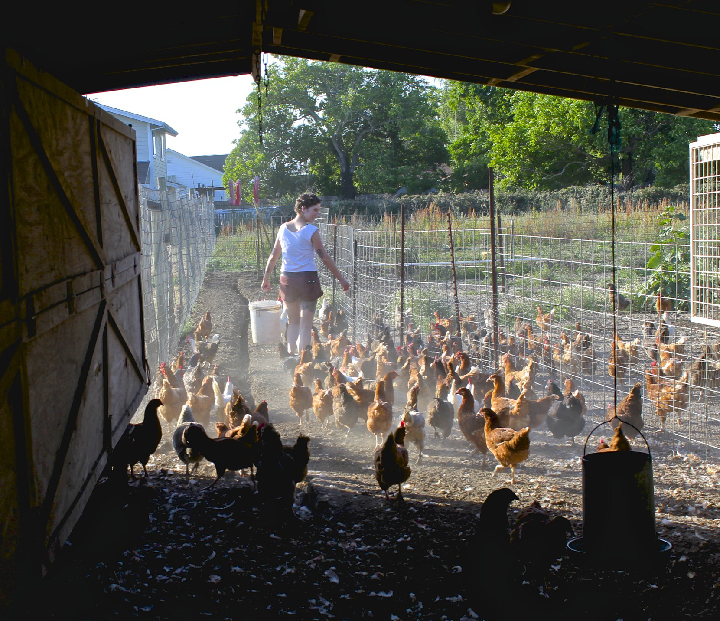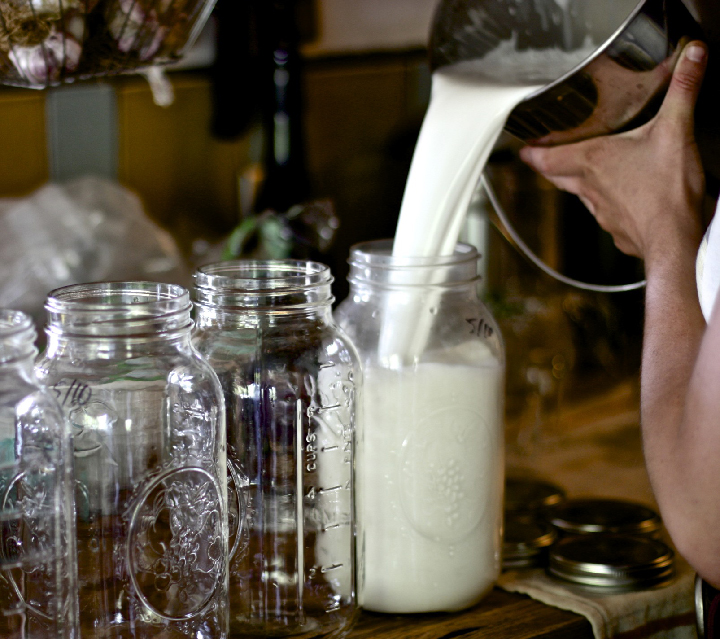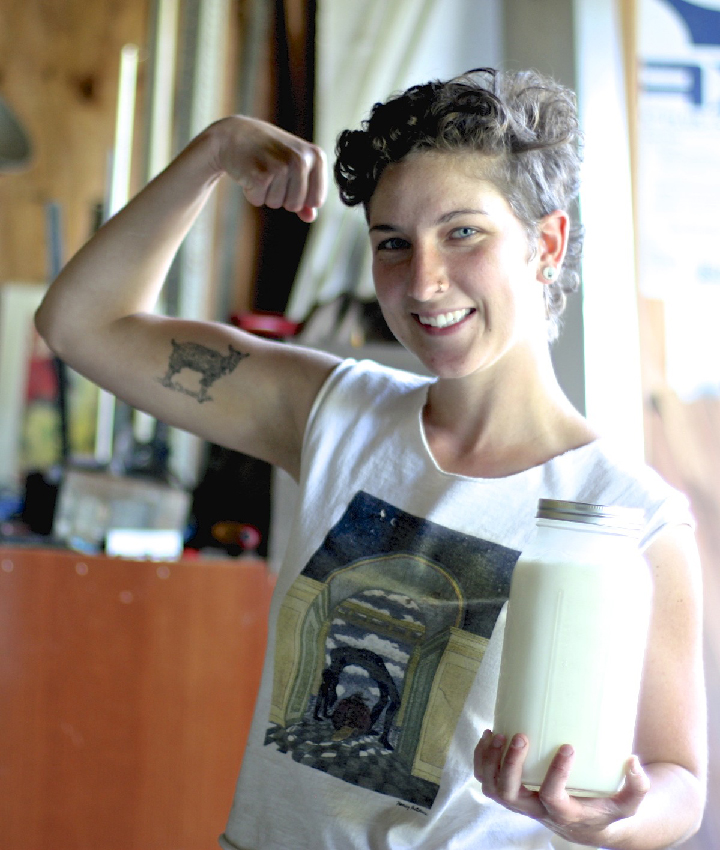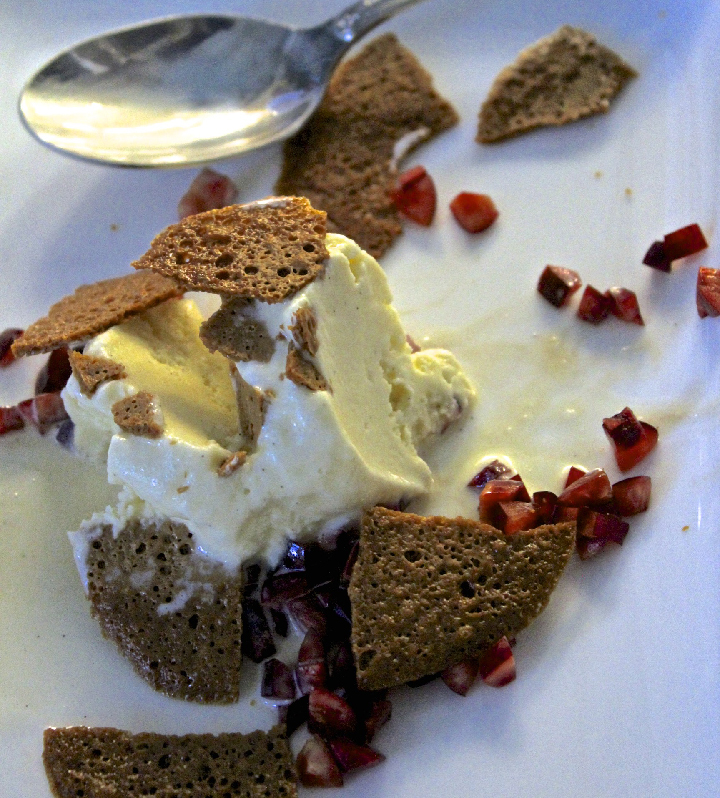While History has an inevitable way of dumbing down the complexity of human nature, most of us have gotten the memo by now that there was more to Johnny Appleseed than we were taught as children - the proto-hippie who wandered the American mid-west barefoot and barely clothed, randomly throwing apple seeds everywhere he went. To my mind the engaging pragmatism of John Chapman’s story is what makes him most fascinating, starting with the fact that far from random his travel routes across Pennsylvania, Indiana and Ohio were guided by the expectation of settlements spurred by the great migration west.
When his seeds pushed their way up through marginally tilled hard scrapple dirt and managed, with no irrigation save rainfall, to grow, he fenced them into orchards which he then rented, bartered or sold to new settlers at a time when having a standing orchard of apples and pears was often a prerequisite for claiming ownership of land.
Another pre-requisite to survival - though more a cultural imperative than a legal one - was the ability to have a cheap and easy way to make hard cider, “the nectar of the frontier.” Yet though he was responsible for propagating most of the wild apples across the mid-west used to make booze, Johnny himself did not drink. Nor did he marry. Nor did he care about possessions, though at the time of his death he was technically a “wealthy” landowner.
Set against the modern model of an entrepreneurial American, though he obviously had a businessman’s brain in that tousled head, grace and salvation, not greed, was what motivated and defined Johnny Appleseed.
Interesting fellow. Even the tin pot he wore on his head was more canny than crackpot - it was simply the easiest way to carry his main cooking implement.
The definition of a wild apple is one propagated only by seed, what we commonly call crabapples. In another lifetime, when wine barrels and cider stills could be found down most dirt roads in Mendocino there was a crazy quilt orchard of crabapples on our ridge, pulled out, along with all our wine grapes, during prohibition. The single crabapple tree that survived probably only got a reprieve because it was near the kitchen garden - Pectin rich, crabapples were often used in jams to thicken them.
What makes crabapples great for cider is what makes them horrible for eating. They are small and knobby, usually sporting a blemish or three. They are bitter, with very little flesh on them. But oh are they great for developing flavor as they ferment.
We managed a full case of crabapples this year from our single antique tree, and with a new project looming at the barn that will explore less familiar tastes and aromas in food and wine, I was curious what the kitchen could do with them. The flavor profile is intriguing - tart like a Greening, crisp like a Mac, but without almost any residual sugar. Our long suffering pastry chef Octavio Alcazar (who just got through processing a ton of figs from our harvest which come in all at once) choose to poach them, devising a liquor he hoped would soften the tannins while teasing out more subtle flavors.
He used La Vielle Ferme Recolte, a white Rhône from Chateau Beaucastel, threw in a handful of vanilla beans, lemon peel and bay leaf. This mélange brought out surprising floral notes to the crabapples, while the flesh – the little there was of it - retained a curiously crisp bite.
Instead of a classic pairing with pork or duck, Chef served a trio of poached crabapples alongside another old-timer making its brief seasonal appearance in the dining room this month, the heavenly Gravenstein.
The Gravenstein is a very special apple - a cultivar that started its life as a chance seeding in Denmark almost 400 years ago.
Brought over to California by Russian fur traders who landed in Fort Ross in the early 1800’s, Gravensteins took root and thrived in Northern California for generations - especially prolific in Western Sonoma County.
Sweet yet tart, they are incredibly delicious cooked into pies and sauce, excellent for juice and cider.
Sadly, because they are difficult to harvest and do not keep well, Gravensteins* were one of many apples that began to disappear with the great American dumbing down of fruit and vegetable varieties which followed the rise of commercial farming - though in this particular case Gravensteins orchards were not pulled out to plant other apple varieties so much as to make way for grapes.
We run through our precious supply of dry farmed Gravs from the ridge pretty quickly, but the week the crabapples made their appearance we were still baking light and fragrant Gravenstein tarts for the dessert menu. Octavio devised a delicately spiced flakey crust, baking the apples until just their edges begin to caramelize. We finish the tart with a light dusting of confectioner’s sugar and serve it with a creamy scoop of refreshing Wyeth Acre Goat Milk Ice Cream which I wrote about a few weeks back and is fast become a dining room favorite. Already a wonderful dessert, the crabapples added a bit of gravitas (sorry, couldn’t resist).
Gravenstein Apple Tart with Wyeth Acre Goat Milk Ice Cream and Poached Crabapples - our humble homage to the unusual historical figure of Johnny Appleseed- may be gone by the time you read this, but apple harvest is just picking up steam. Pink Pearls and Macintosh arrived this week (along with the first of the Asian pears and red and gold Bartletts) so no worries, our apples will continue to make an appearance in one form or another in the dining room through Fall.
And Daniel and Lukka have once again entered Barndiva Farm in the Mendocino County Apple Fair where we won quite a few ribbons last year. If you’ve never been to a real country fair and you’re in striking distance to Boonville this Sept. 12-14, don’t hesitate. Country Fairs are a great way of supporting family farms, especially young farmers, and of keeping food and sustainable farming traditions alive.
If you can’t make it up to Mendocino in Sept. but crave a taste of apple cider history, come in and sidle up to the bar where Rachel, Sarah and George will be happy to pour you a flight of handcrafted apple ciders made right down the road from us in Sebastopol by the Devoto Family, organically farming heirloom apples since 1976. One of their ciders is made from 95% Gravensteins. A real treat, one you can enjoy all year. Come on in and raise a glass to Johnny.
* While Gravenstein production will never return to Sonoma County in any great numbers, it is now highly sought after thanks in great part to the efforts of The Russian River Slow Food Convivium, who helped get the Grav into Slow Foods vaunted Arc of Taste in 2013. Wherever you call home, The Arc of Taste is a wonderful thing to support. Learn more about the Sebastopol Gravenstein Apple Presidium.
barndiva reading of the week
Seeds of Doubt - on the frontier of the GMO war with Vandana Shiva










